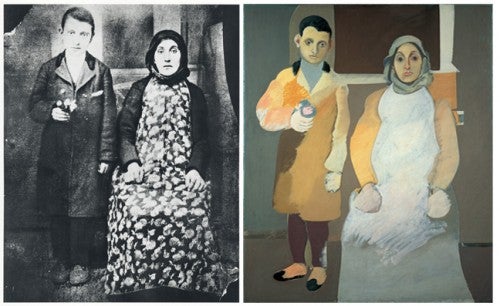* Jeremy Allan Hawkins *
During his lifetime, a gallery was dedicated to Gustave Doré’s work in London, he was photographed by the one and only Nadar, and when he died at the age of 51, he was interred in Paris’s famous Cimetière du Père Lachaise. To posterity, one expert claims he left over one hundred thousand individual works, while even a conservative estimate puts it at over eleven thousand. That body of work has, in turn, been responsible for influencing countless illustrators—perhaps even inspiring our earliest comic books—and establishing visual tropes that still appear today in print and cinematic forms. There is no question that Doré sought to establish his legacy with a singular determination, and he succeeded in many ways, yet his greatest work may also be his most significant failure.
* Jeremy Allan Hawkins *
During his lifetime, a gallery was dedicated to Gustave Doré’s work in London, he was photographed by the one and only Nadar, and when he died at the age of 51, he was interred in Paris’s famous Cimetière du Père Lachaise. To posterity, one expert claims he left over one hundred thousand individual works, while even a conservative estimate puts it at over eleven thousand. That body of work has, in turn, been responsible for influencing countless illustrators—perhaps even inspiring our earliest comic books—and establishing visual tropes that still appear today in print and cinematic forms. There is no question that Doré sought to establish his legacy with a singular determination, and he succeeded in many ways, yet his greatest work may also be his most significant failure.








